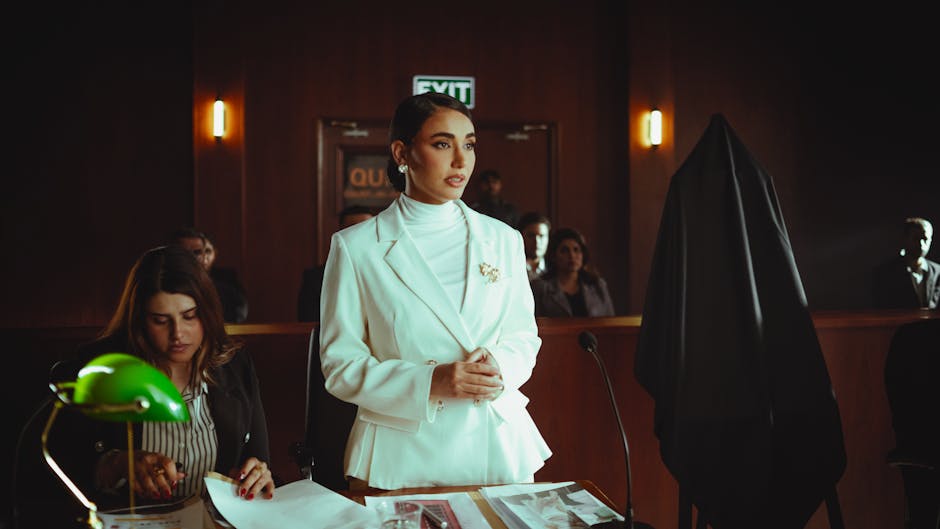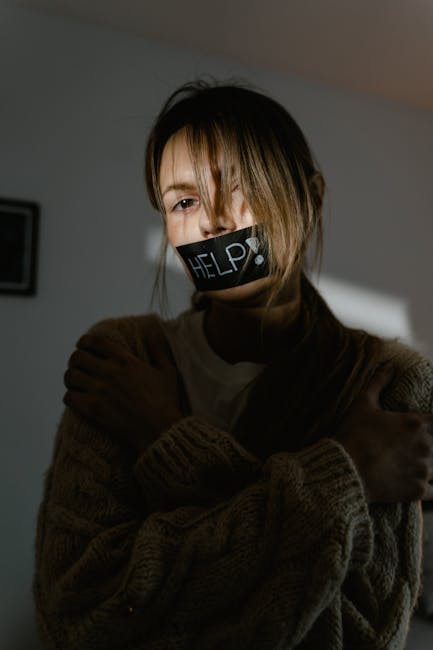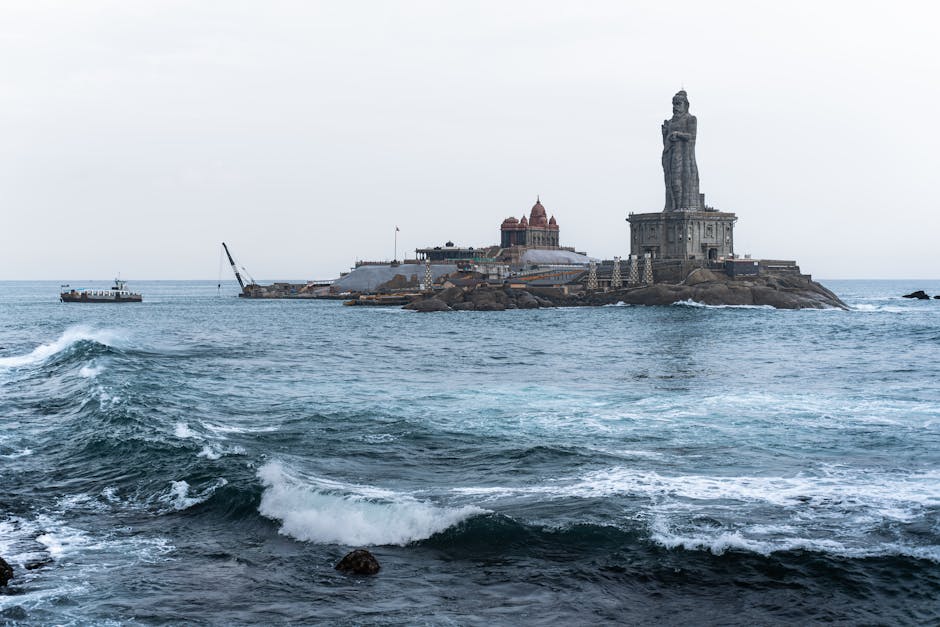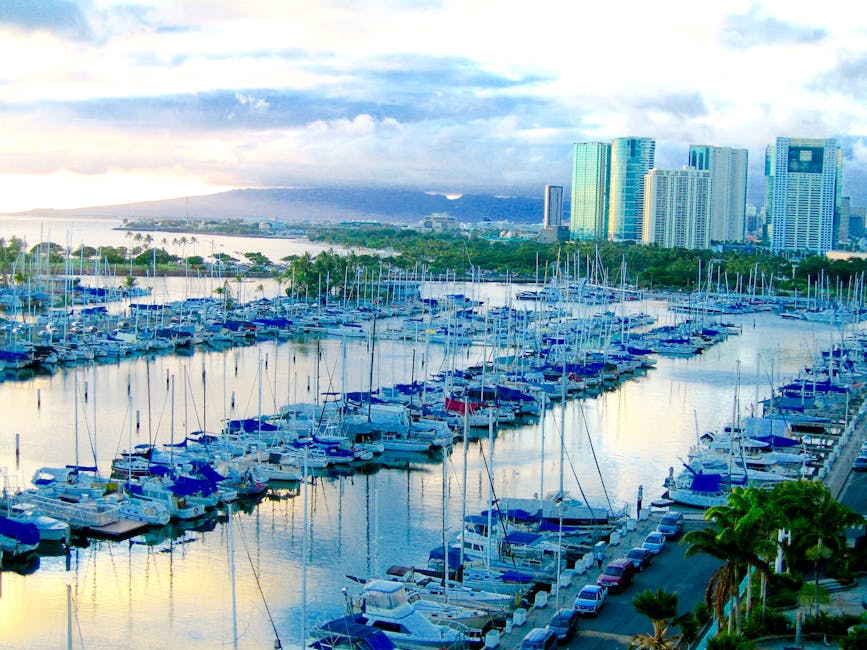Delhi Riots Case: Supreme Court to Hear Bail Pleas of Umar Khalid, Sharjeel Imam Today
The Supreme Court of India will today hear the bail pleas of high-profile accused in the 2020 Delhi riots case, including former JNU student leader Umar Khalid and activist Sharjeel Imam. The hearing, closely watched nationwide, could shape the legal and political discourse around the Unlawful Activities (Prevention) Act (UAPA) and protest-related violence.
Background of the Delhi Riots Case
The February 2020 Delhi riots, triggered by protests against the Citizenship Amendment Act (CAA), resulted in 53 deaths and widespread destruction. The Delhi Police filed charges under UAPA against several activists, alleging a “larger conspiracy” behind the violence.
Key accused, including Khalid and Imam, have been in judicial custody for over two years, with lower courts repeatedly denying bail due to the severity of charges. Today’s hearing could set a precedent for UAPA cases involving prolonged detentions without trial.
Key Arguments in Today’s Bail Hearing
1. Umar Khalid’s Defense
- Claims no direct evidence linking him to violence.
- Argues speeches were peaceful, protected under free speech rights.
- Police allege he incited crowds with inflammatory speeches.
2. Sharjeel Imam’s Plea
- Seeks bail citing prolonged incarceration without trial.
- Lawyers argue his controversial speeches did not directly provoke riots.
- Prosecution insists his rhetoric fueled tensions.
3. UAPA Legal Challenges
- Defense questions UAPA’s strict bail conditions.
- Highlights Article 21 (right to liberty) and trial delays.
- Court may evaluate if evidence meets UAPA threshold.
Political and Social Impact of the Hearing
Today’s verdict could influence:
– Future UAPA cases – Will courts ease bail norms?
– Free speech debates – How far do protest speeches qualify as conspiracy?
– Government’s stance – Will the Centre’s “premeditated conspiracy” claim hold?
What to Expect from the Supreme Court Hearing
Legal experts suggest the court may examine:
✔ Strength of evidence under UAPA.
✔ Role of accused in alleged violence.
✔ Human rights concerns over prolonged detention.
If bail is granted, it could spark debates on judicial accountability; if denied, trials may stretch for years.
Live Updates and Public Response
The hearing is trending on social media with hashtags like #DelhiRiotsJustice and #FreeUmarKhalid. Protests are expected outside the Supreme Court.
Conclusion
This hearing is a critical test for India’s justice system—balancing national security laws with civil liberties. The ruling will have long-term legal and political repercussions.
Follow NextMinuteNews for real-time updates on the Delhi riots case hearing.




